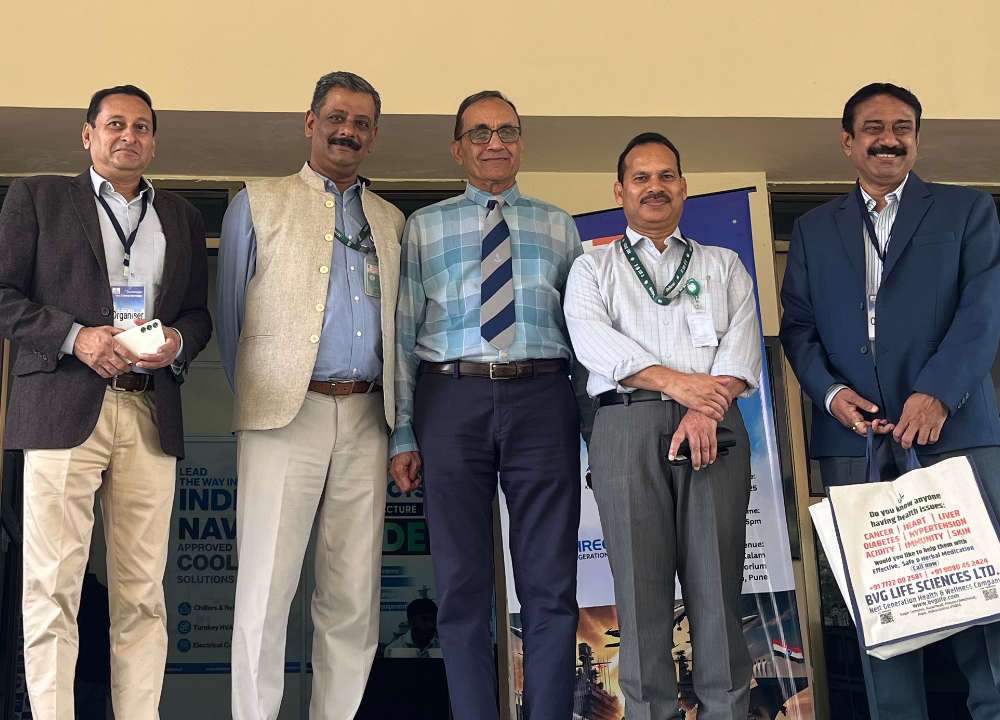Balrampur Chini Mills Limited (BCML), a prominent integrated sugar producer, announced on Friday its intention to finalize a substantial investment of ₹2,000 crore in India’s pioneering industrial polylactic acid (PLA) bioplastic manufacturing facility, pending the release of detailed policy specifications.
PLA bioplastic boasts a unique triple advantage: it is produced from bio-based materials, offers biodegradability in industrial composting settings, and is chemically recyclable, positioning it as a transformative solution in the realm of sustainable materials. As the consumption of traditional plastics continues to escalate, posing significant threats to environmental health, this forward-thinking policy emerges at a critical juncture.
Avantika Saraogi, the Executive Director of Balrampur Chini, expressed her optimism during an interview, stating, “We fully commend the Uttar Pradesh government for being at the forefront of establishing India’s inaugural bioplastic policy. This initiative represents a monumental step in our battle against plastic pollution. We believe this strategic move will not only attract considerable investments in the bioplastics sector but also propel India towards a more sustainable and greener economy.”
Saraogi emphasized that since the project’s announcement in February, BCML has contributed valuable insights to the Uttar Pradesh government regarding the implementation of sustainable plastics. The newly established policy is anticipated to positively influence the forthcoming PLA project while also encouraging additional companies to invest in sustainable practices within the state, thereby supporting the government’s ambitious goal of achieving net-zero emissions by 2070.
When asked about the financial implications of the policy on the BCML PLA project, Saraogi indicated that the company requires additional time to conduct a thorough analysis. “We will need several months to finalize those calculations, as we are still in the process of determining the exact investment figures, although the broad capital expenditure is estimated at ₹2,000 crore,” she explained.
BCML is currently awaiting the release of detailed regulations and policy specifications, which are expected to arrive soon. These details will assist the company in finalizing its project figures and assessing the benefits offered by the new policy. The bioplastic manufacturing plant is projected to commence operations in approximately two and a half years, with an expected launch in 2026. Initially, it will have a production capacity of 75,000 tonnes and a potential revenue generation of around ₹1,700 to ₹1,800 crore.
Currently, bioplastics account for a mere one percent of total plastic consumption in India, indicating significant untapped market potential. Lalit Agarwal, President of the Indian Plastic Federation, highlighted that the existing pricing dynamics are hindering broader adoption of bioplastics, although the price differential is gradually decreasing.
Saraogi noted that the Uttar Pradesh bioplastic policy provides substantial incentives for companies investing ₹1,000 crore or more. These incentives include subsidies of up to 50 percent on capital investment for seven years, along with interest subvention for the same duration, although specific details on the interest subvention level are still awaited.
Additional key aspects of the policy encompass a 100 percent reimbursement of the State Goods and Services Tax (SGST) for a decade and duty-free electricity for ten years. Furthermore, it includes exemptions or remissions of stamp duties on transactions conducted one year before or after the cutoff date for the policy, with the overall benefits not surpassing 200 percent of the investments made.
By fostering a connection between agriculture and industry, the policy encourages the utilization of biomass, such as sugarcane, which serves as a fundamental raw material for PLA bioplastics. Officials have indicated that this approach not only supports the development of agro-based economies but also addresses the global demand for sustainable materials.
Moreover, it opens avenues for diverse stakeholders, including small and medium enterprises (SMEs), waste management service providers, municipalities, and recycling operators, to engage in the burgeoning bioplastic supply chain.
BCML is one of India’s largest integrated sugar producers, established in 1975. The company specializes in manufacturing sugar, ethanol, and other by-products from sugarcane. With a commitment to sustainability and innovation, BCML focuses on enhancing agricultural productivity and supporting local communities, contributing significantly to India’s sugar industry and promoting eco-friendly practices.








